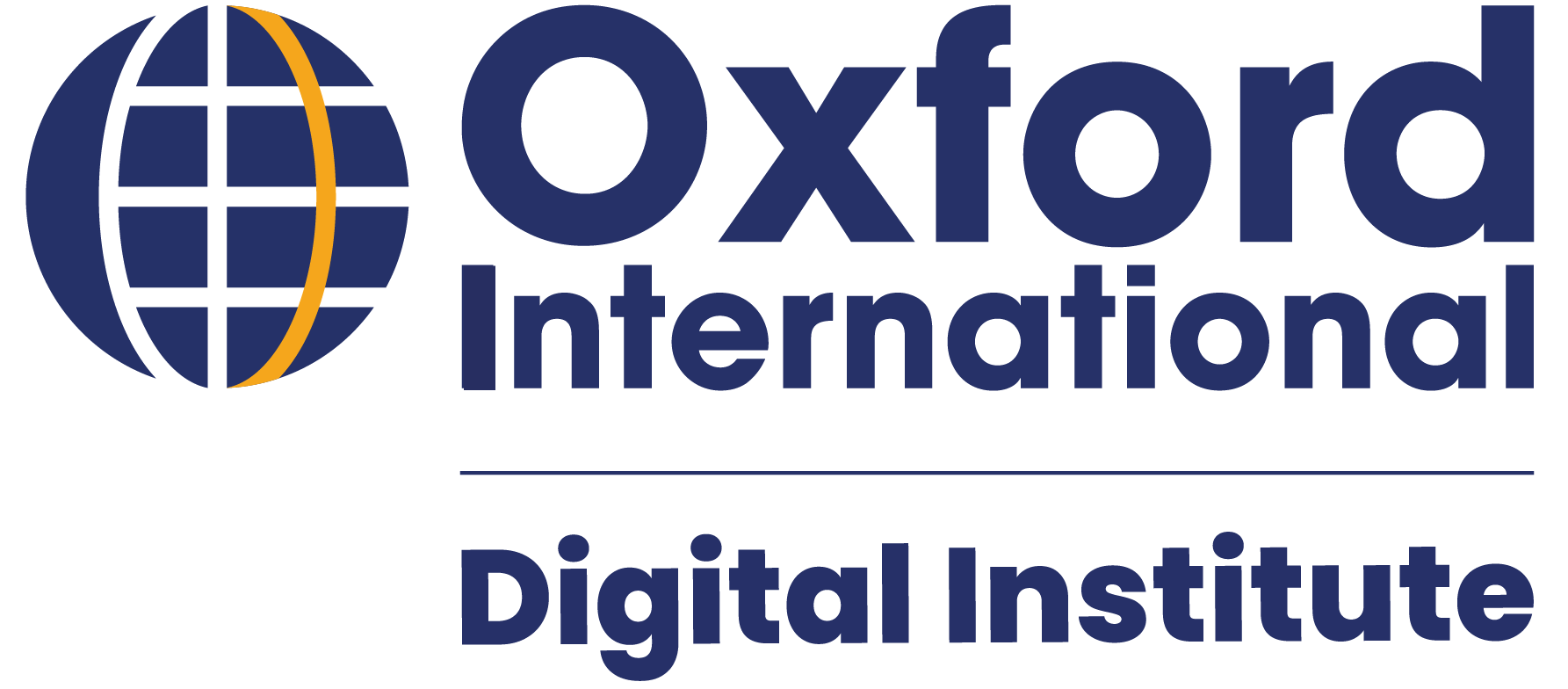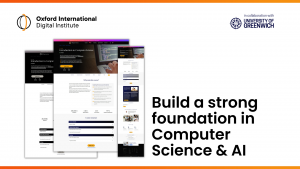Healthcare is changing and giving hope to people all over the world with new advancements and increasing reach and empowerment. The intersection of technology, innovation, and compassion propels healthcare into a new realm where boundaries get pushed and possibilities expanded.
Progress in global health provision conceptually guarantees a future of improved long-term health for more people across the world through better early detection, more accessible treatments, and better ability to access quality healthcare, even remotely or through AI assisted decision making. However, there is still a noticeable difference in the quality of health and healthcare systems worldwide (see Statista data). This means that some regions have better access to healthcare and overall health outcomes compared to others. And, in the UK and Canada where healthcare provision has been offered at either low or no cost to citizens, publicly funded healthcare systems are increasingly ‘burdened’ financially by an ageing population that lives longer and requires different provision of healthcare for long term, complex health challenges.
That’s why it’s crucial for such destinations as the UK and Canada to rapidly increase the number of people able, educated and qualified to work in their healthcare systems. To do so, they often resort to professionals from other countries to ‘plug’ significant gaps in qualified professionals.

How a healthcare diploma can help
Pursuing a healthcare diploma can equip professionals with the skills and knowledge needed to make a positive impact and thrive professionally and personally in a healthcare setting which can be different to the one they have been experienced and qualified in.
Essential highlights of a care diploma for professionals:
- A diploma in care provides healthcare professionals with a comprehensive understanding of healthcare principles, including disease prevention, patient care, and treatment modalities enabling them to demonstrate understanding and practice across both health and adult care.
- Through coursework and hands-on experience through work placements, individuals develop clinical expertise and critical thinking skills essential for navigating complex healthcare scenarios, as well as appreciating more the finer cultural differences across the care settings of a different country to the one they are used to working in.
- The core curriculum typically focuses on such items as safeguarding and protection within care settings; the typical responsibilities of a care worker; communication and confidentiality principles in a care setting; duty of care and the typical dilemmas and complaints one may have to deal with; secure handling of information in care settings; principles and practical application of equality, diversity and inclusion; responsibilities of all relevant stakeholders in terms of health, safety and wellbeing; how to best support individuals in a respectful and person-centred manner and enable them to make choices.
- The core learning content is typically supplemented with electives to cater to different interests, knowledge gaps and needs based on, for example, the requirements of a prospective employer.
- Electives can include such topics as moving and positioning individuals in accordance with their care plan; working with individuals with communications needs; supporting infection prevention and control; supporting with pain and discomfort and more
The curriculum often emphasises interdisciplinary collaboration, fostering teamwork and effective communication among healthcare professionals and with their patients. This approach in turn helps improve care quality and encourages learning and improvements in healthcare workers whilst importantly, also emphasising empathy and compassion. This empathetic perspective enables healthcare professionals to build trustful relationships with patients, thereby facilitating better health outcomes and overall satisfaction with care.
Healthcare professionals with care diplomas can make significant contributions in healthcare. They can do this through education, training, advocacy and on-the-job improvements. Their efforts can promote fairness and improve the health of people and wellbeing of communities.










